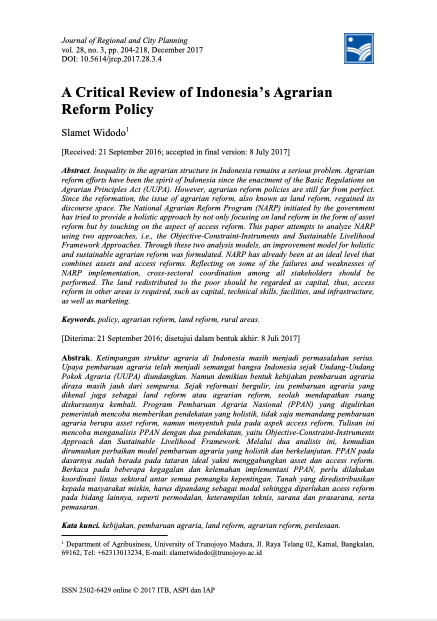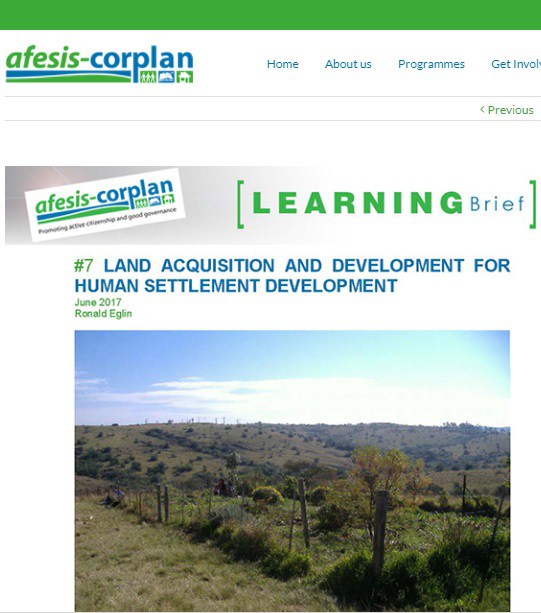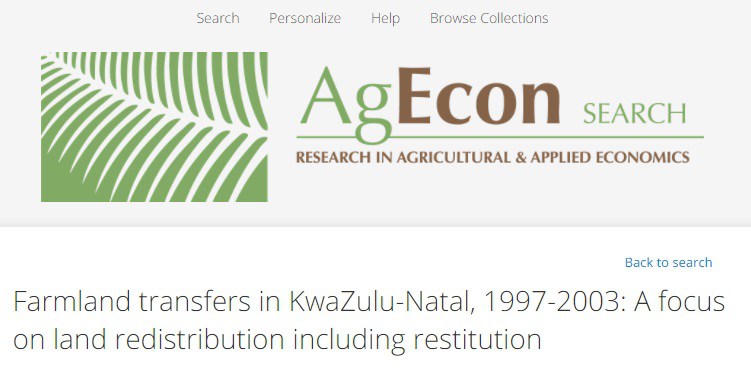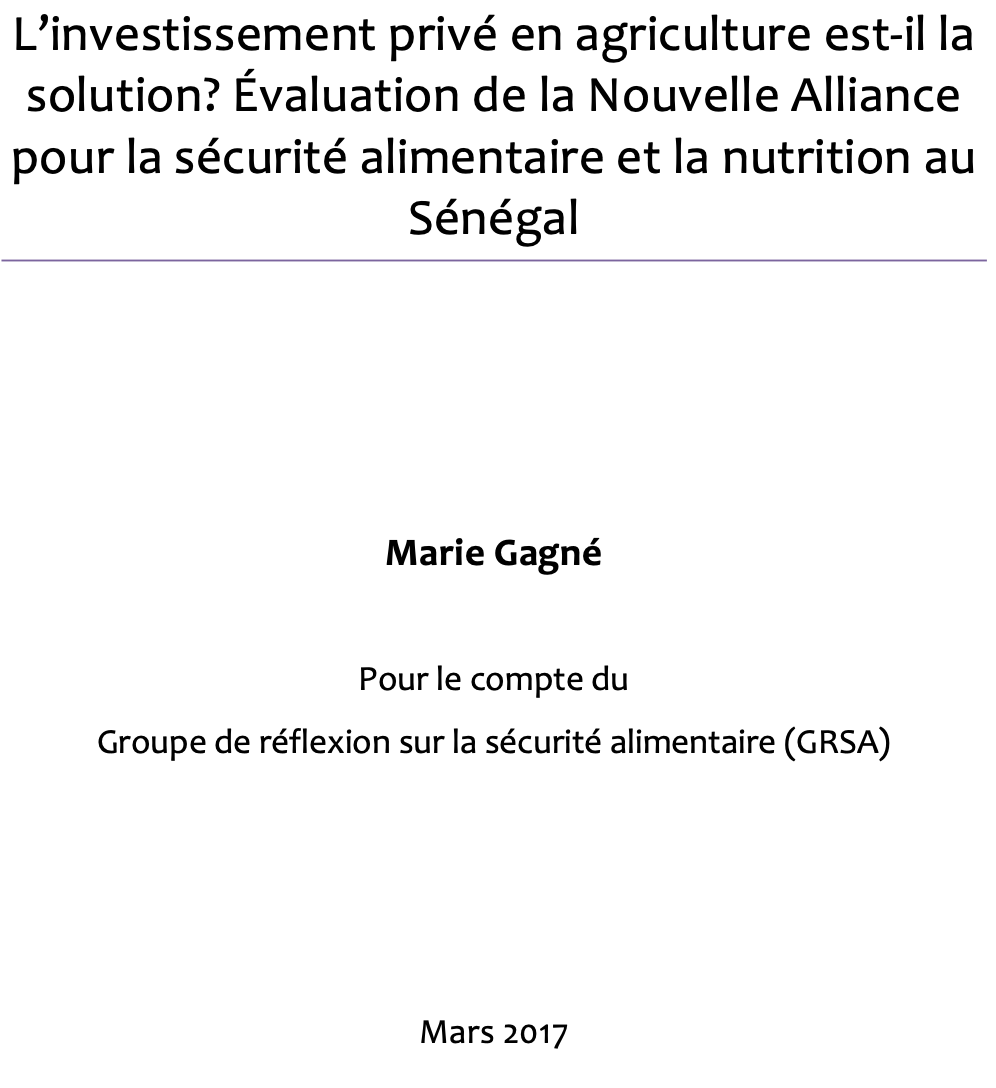A Critical Review of Indonesia’s Agrarian Reform Policy
Inequality in the agrarian structure in Indonesia remains a serious problem. Agrarian reform efforts have been the spirit of Indonesia since the enactment of the Basic Regulations on Agrarian Principles Act (UUPA). However, agrarian reform policies are still far from perfect. Since the reformation, the issue of agrarian reform, also known as land reform, regained its discourse space.










